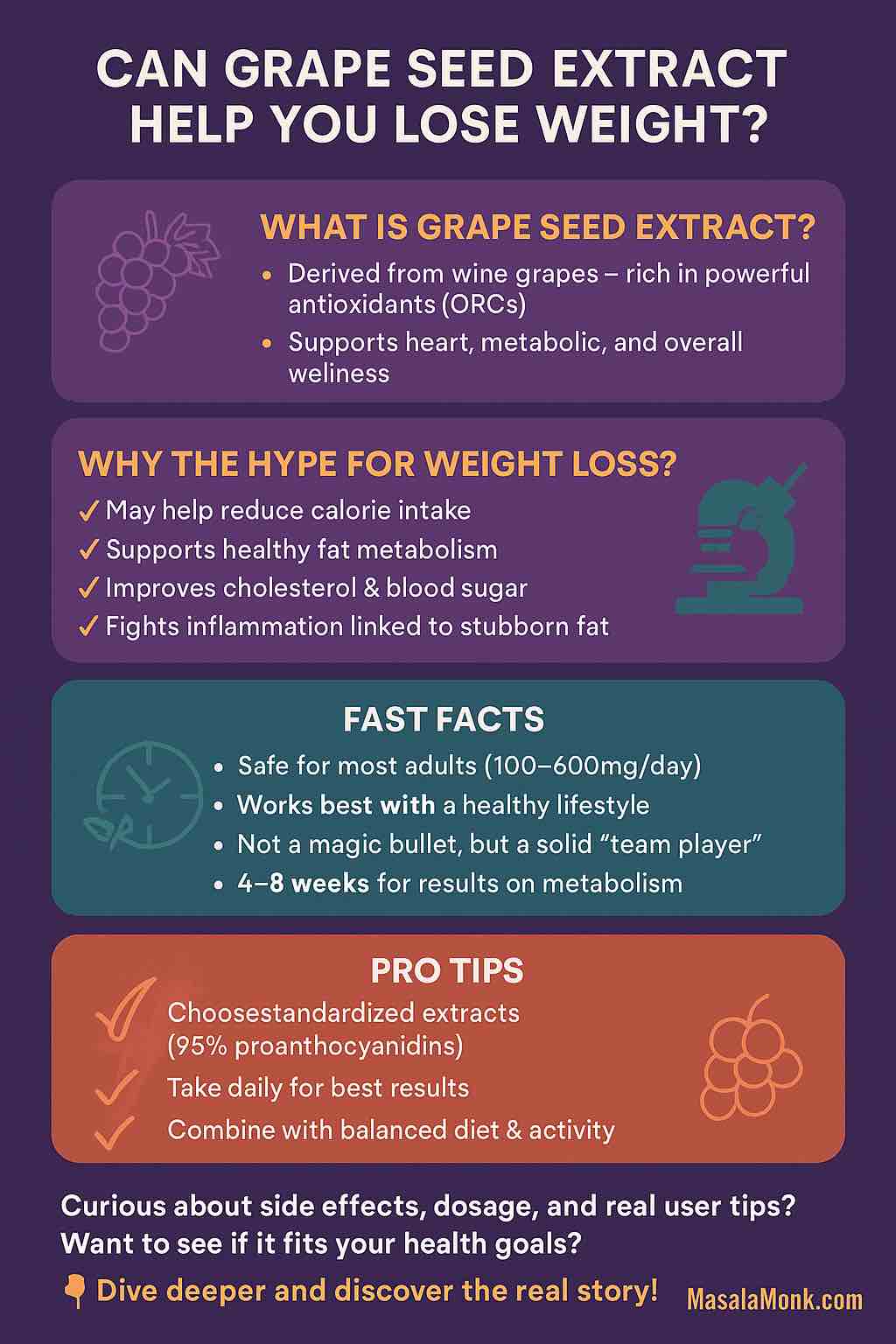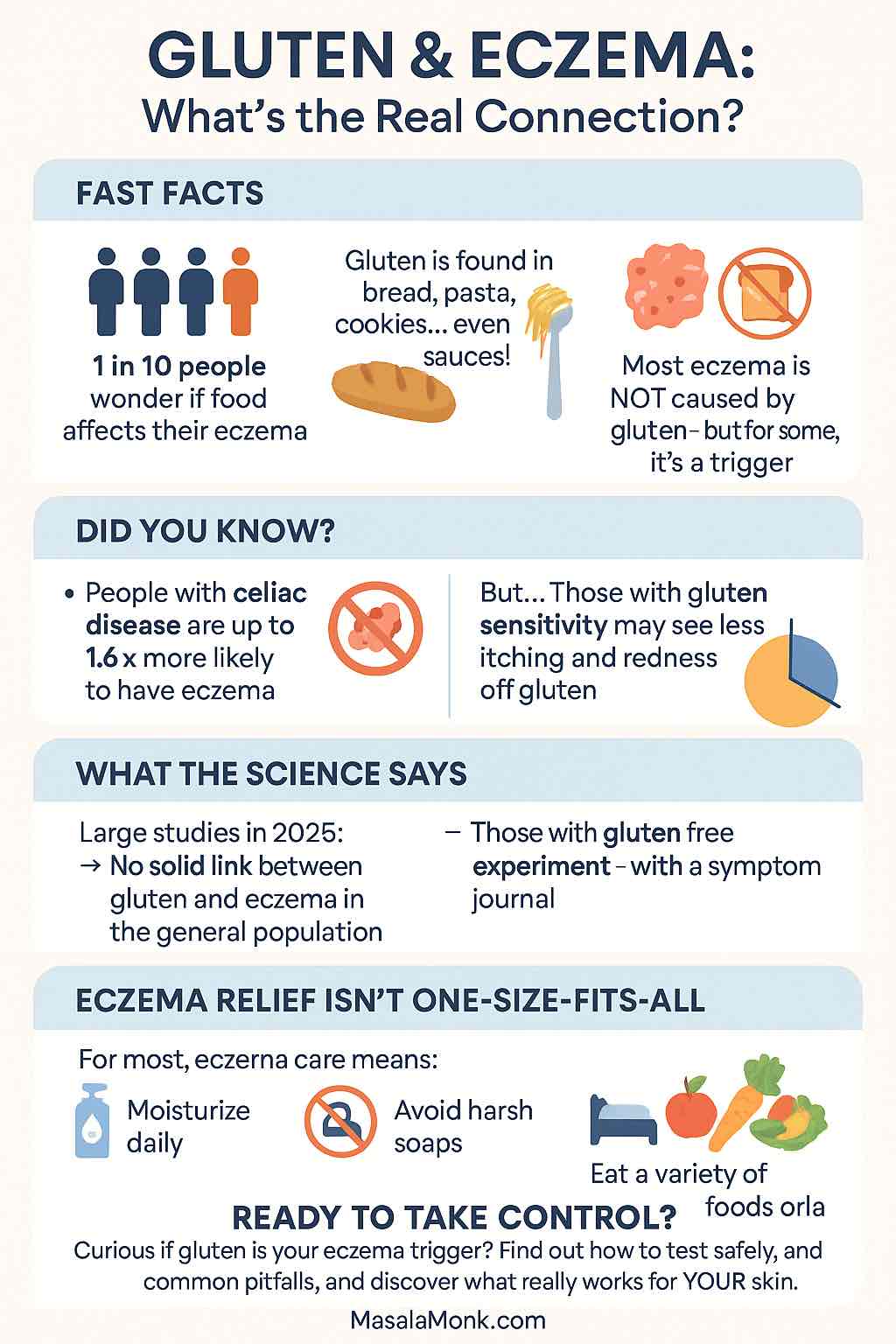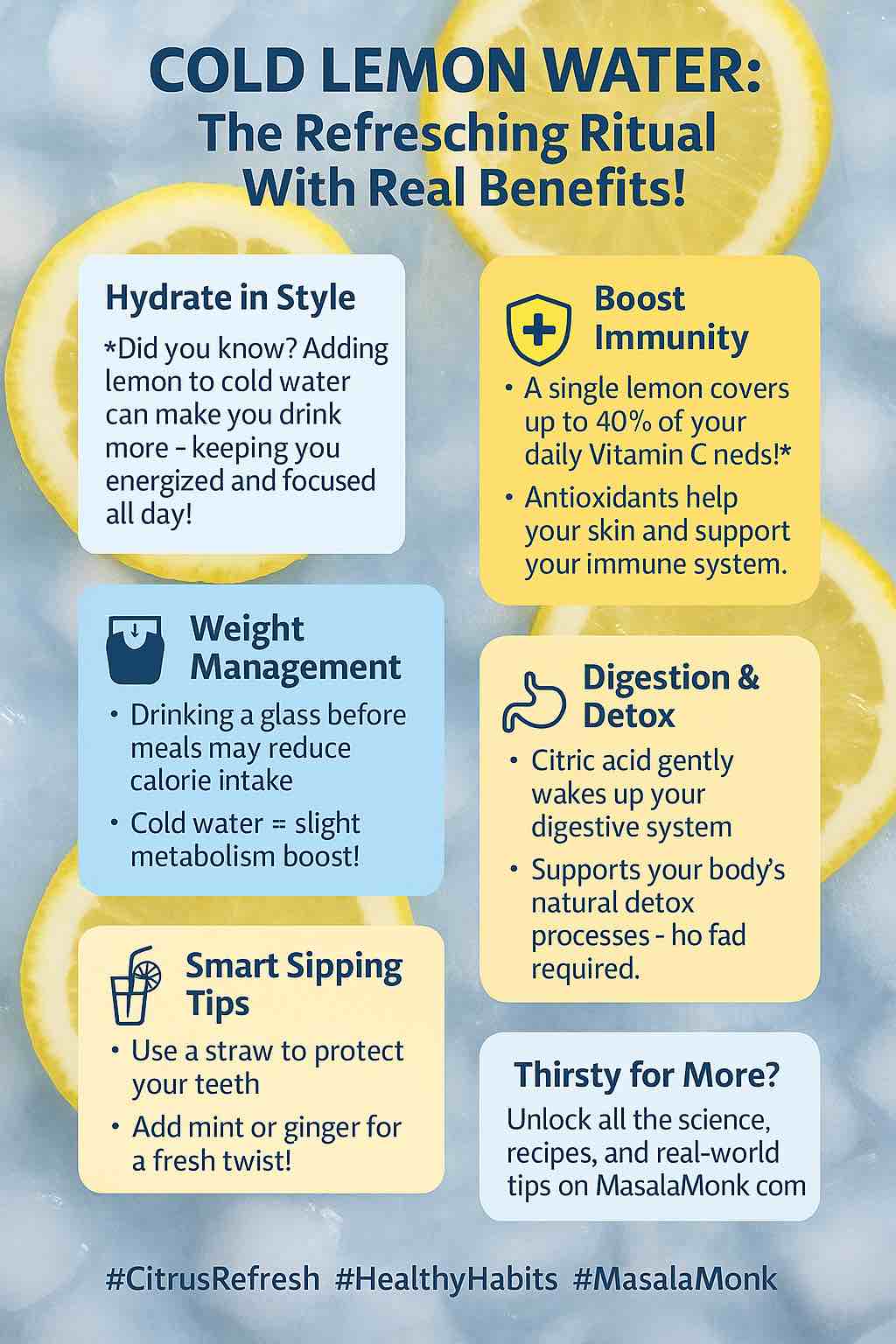
Tomatoes: they’re a staple on our plates, in our salads, and at the heart of Mediterranean cuisine. But how much do you really know about these vibrant red fruits? If you’re looking to lose weight, upgrade your health, or just add some flavor to your meals, tomatoes offer science-backed benefits you don’t want to miss. This post will unpack the latest research, nutritional facts, and five genuinely practical ways to harness the power of tomatoes for sustainable weight loss—plus insider tips that separate myth from reality.
1. The Science-Backed Nutrition Powerhouse
Tomatoes are low in calories but high in nutrients—making them an ideal food for anyone watching their weight. Here’s what you get in 100g (about one medium tomato):
- Calories: 18
- Carbohydrates: 3.9g (mainly simple sugars and fiber)
- Protein: 0.9g
- Fat: 0.2g
- Fiber: 1.2g
- Water: 94–95%
- Vitamin C: ~14mg (about 20% of daily needs)
- Potassium: ~237mg
- Folate, Vitamin K1, Beta-carotene, and Lycopene
What sets tomatoes apart isn’t just their nutrient density, but also their rich supply of antioxidants—especially lycopene, which gives tomatoes their signature red color and is linked to a host of health benefits.
2. Latest Research: What Tomatoes Really Do For You
a. Tomatoes and Weight Loss: What the Evidence Shows
- Tomato pre-meal = lower weight & fat: A 2025 clinical study found that eating raw tomatoes (about 90g) before lunch led to over 1kg of weight loss and 1.5% reduction in body fat within a month—plus improvements in cholesterol, blood sugar, and triglycerides.
- Tomato-rich diets = better results: Studies show that combining tomatoes with a reduced-calorie diet produces more fat loss and better cardiometabolic markers than calorie reduction alone.
b. Beyond Weight: Metabolic and Longevity Benefits
- Lower mortality and heart risk: High tomato and lycopene intake is associated with a 14% lower overall mortality, 24% reduction in coronary heart disease risk, and up to 30% lower stroke mortality.
- Anti-inflammatory superfood: Lycopene and other tomato compounds lower inflammatory markers like IL-6 and CRP, which are tied to chronic diseases and obesity.
- Better liver health: New reviews show lycopene protects against fatty liver disease—an increasingly common issue for people struggling with weight.
c. Raw vs. Cooked: The Bioavailability Secret
- Cooking boosts lycopene absorption: Lycopene is fat-soluble. Cooked tomatoes (think: tomato sauce with olive oil) allow your body to absorb 2–4x more lycopene than raw tomatoes.
- Raw for volume and fiber: Don’t ditch raw tomatoes—they’re filling, hydrating, and rich in vitamin C.
3. Practical Ways to Use Tomatoes for Weight Loss (With Pro Tips)
Ready to put the science into practice? Here are five research-backed, real-life ways to make tomatoes your weight loss ally:
1. Pre-Meal Tomato Ritual
Before lunch or dinner, eat a small bowl (80–100g) of raw tomato slices or cherry tomatoes with a squeeze of lemon and a pinch of black pepper.
Why: This simple step fills you up, reduces your appetite, and primes your body for better blood sugar control.
2. Go Homemade with Tomato Soup
Make a vibrant tomato soup: simmer chopped tomatoes with garlic, onions, and fresh basil, then blend until smooth.
Pro Tip: Skip the cream or butter—add a drizzle of extra virgin olive oil at the end for maximum lycopene.
3. DIY Salsa or Tomato Chutney
Dice tomatoes, onions, cilantro, jalapeño, and lime juice for a fresh salsa.
Use it: As a topping for grilled chicken, fish, or tofu; as a dip for veggie sticks; or even as a salad dressing base.
4. Roasted Tomatoes: Snack or Side
Halve tomatoes, sprinkle with oregano and a touch of olive oil, and roast at 400°F (200°C) until caramelized.
Result: A sweet, savory snack that’s low in calories and high in satisfaction. Add to grain bowls or serve as a side.
5. Build Smarter Sauces
Make your own pasta or curry sauce from fresh or canned tomatoes, lots of herbs, garlic, and just a teaspoon of olive oil—no sugar or heavy cream needed.
Pro Tip: Toss with spiralized zucchini or whole grain pasta for a weight-loss friendly meal.
4. Realistic Weight Loss: Tomatoes Are Helpers, Not Magic
Let’s be clear: No single food melts fat away. But tomatoes are powerful tools because they:
- Add volume and flavor to meals without calories
- Help curb hunger
- Support metabolic health
- Deliver antioxidants and anti-inflammatory benefits
To truly lose weight: Use tomatoes as part of a balanced, calorie-aware diet (think Mediterranean-style), move regularly, and get enough sleep.
5. Bonus: What to Watch Out For
- Acidity: If you have GERD or acid reflux, cooked tomatoes may aggravate symptoms.
- Allergies/Sensitivities: Rare, but possible—watch for reactions.
- Supplements: Lycopene supplements are available, but whole tomatoes (fresh, cooked, juiced) deliver a superior, balanced set of nutrients and fiber.
6. Practical 1-Day Tomato-Rich Meal Plan
Breakfast:
Spinach & tomato omelette, whole grain toast, cherry tomatoes on the side.
Lunch:
Big salad with mixed greens, raw tomato wedges, grilled chicken, and homemade salsa as dressing.
Snack:
Roasted tomatoes with a sprinkle of sea salt and basil.
Dinner:
Whole wheat pasta tossed with homemade tomato sauce, sautéed mushrooms, and steamed broccoli.
7. Conclusion: The Tomato Takeaway
Tomatoes aren’t just a colorful garnish—they’re a nutritional powerhouse that can turbocharge your weight loss journey, lower disease risk, and keep meals exciting. Embrace both raw and cooked forms, experiment with global flavors, and let tomatoes be a cornerstone of your health-first kitchen.
Got questions about tomatoes, weight loss, or want more recipes? Drop a comment!
FAQs
1. Are tomatoes good for weight loss?
Yes. Tomatoes are low in calories and high in fiber and water, which helps keep you full and satisfied while consuming fewer calories—making them great for weight loss.
2. Should I eat tomatoes raw or cooked for the most benefit?
Both are beneficial. Raw tomatoes are great for hydration and vitamin C, while cooked tomatoes (especially with a little oil) help your body absorb more lycopene, a powerful antioxidant.
3. Can I eat tomatoes every day?
Absolutely. Most people can safely enjoy tomatoes daily as part of a balanced diet. If you have acid reflux or an allergy, adjust your intake accordingly.
4. How much tomato should I eat to see health benefits?
Research suggests that 1–2 medium tomatoes a day (or a similar amount in sauces or soups) can support health, but even smaller amounts are beneficial.
5. Do tomatoes really help burn fat?
Not directly. Tomatoes can help with weight loss by increasing satiety and improving metabolic health, but they don’t “burn” fat on their own. Use them as part of an overall calorie-controlled diet.
6. What are the healthiest ways to prepare tomatoes?
Best options: Eat them raw in salads, make homemade tomato soup or salsa, roast them with herbs, or cook them into sauces with a little olive oil.
7. Are canned tomatoes healthy?
Yes, with some caveats. Canned tomatoes can be just as nutritious as fresh, but check for added salt or sugar. Choose BPA-free cans if possible.
8. Can tomatoes worsen acid reflux?
For some people, yes. Tomatoes are acidic and may trigger symptoms in those with GERD or acid reflux. Try cooked tomatoes or reduce portion sizes if you notice discomfort.
9. Is tomato juice as healthy as whole tomatoes?
Tomato juice is good, but whole tomatoes provide more fiber, which helps with fullness and digestive health. Opt for low-sodium versions if you drink tomato juice.
10. Are tomato supplements (like lycopene capsules) as good as real tomatoes?
Whole tomatoes are better. They offer a combination of nutrients and fiber, whereas supplements isolate a single compound and lack the full spectrum of benefits.













